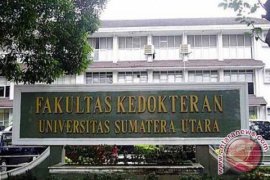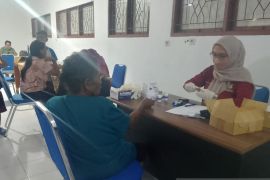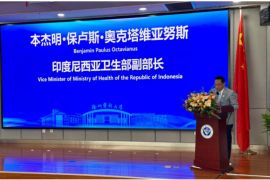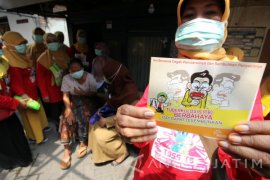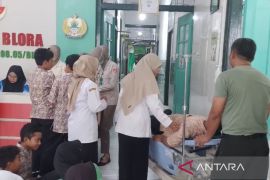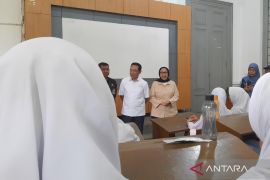"In accordance with the circular of the Ministry of Health, we are currently recommending not using liquid nitrogen in ready-to-eat food, especially snacks," Ddirector of Environmental Health at the ministry Anas Ma'ruf said at a virtual press conference in Jakarta on Thursday.
As part of an effort to increase awareness and prevent food poisoning from the consumption of ready-to-eat food containing liquid nitrogen, the ministry issued a circular letter on the “Supervision of the Use of Liquid Nitrogen in Ready-to-Eat Food Products” on January 6, 2023, Ma'ruf noted.
“Currently, the incidents are only sporadic in several scattered places. We are prioritizing taking precautionary measures. Besides educating consumers, we are also aiming to educate merchants," he said.
According to Ma’ruf, if the addition of liquid nitrogen to ready-to-eat food is not in accordance with procedures, it can cause food poisoning. It may even cause frostbite and burns, especially in soft tissues, such as the skin.
The use of liquid nitrogen in ready-to-eat foods such as snacks has become a public health concern. Such products cause a cold sensation and emit smoke upon consumption.
Related news: Liquid nitrogen's non-procedural use in food can trigger poisoning
“We recommend that merchants avoid using liquid nitrogen in their products, considering that there have been several (food poisoning) cases reported as a result of consuming this kind of snack," he said.
In the circular letter, provincial, district/city health services, health centers, the Center for Environmental Health Engineering and Disease Control (BBTKLPP), and port health offices have been asked to supervise ready-to-eat food containing liquid nitrogen and guide communities in their working areas.
Local governments have also been asked to educate merchants and related parties about the dangers of liquid nitrogen in ready-to-eat food and provide education to schools, children, and the public about them.
"After socialization, our officers in the field have started to move to provide supervision to merchants who use liquid nitrogen as an additional substance in their products," Ma'ruf said.
Meanwhile, restaurants that add liquid nitrogen to ready-to-eat food must do so under the guidance and supervision of the local health service and related parties. They must also provide information regarding the safety of the food to consumers.
In addition, food processing places (TPP) other than restaurants, such as mobile hawker food outlets, have been advised not to use liquid nitrogen in ready-to-eat food.
The hospital was asked to coordinate with the local health service and provide a report if an extraordinary event (KLB) of food poisoning caused by liquid nitrogen occurs.
If a case of food poisoning occurs due to the addition of liquid nitrogen, the fast action team will conduct an investigation in accordance with the Minister of Health’s Regulation Number 2 of 2013 concerning food poisoning outbreaks.
The fast action team will then report the incident to the Early Warning and Response System.
Related news: Liquid nitrogen in ready-to-eat food can harm human body: BPOM
Translator: Martha Herlinawati S, Resinta S
Editor: Rahmad Nasution
Copyright © ANTARA 2023

